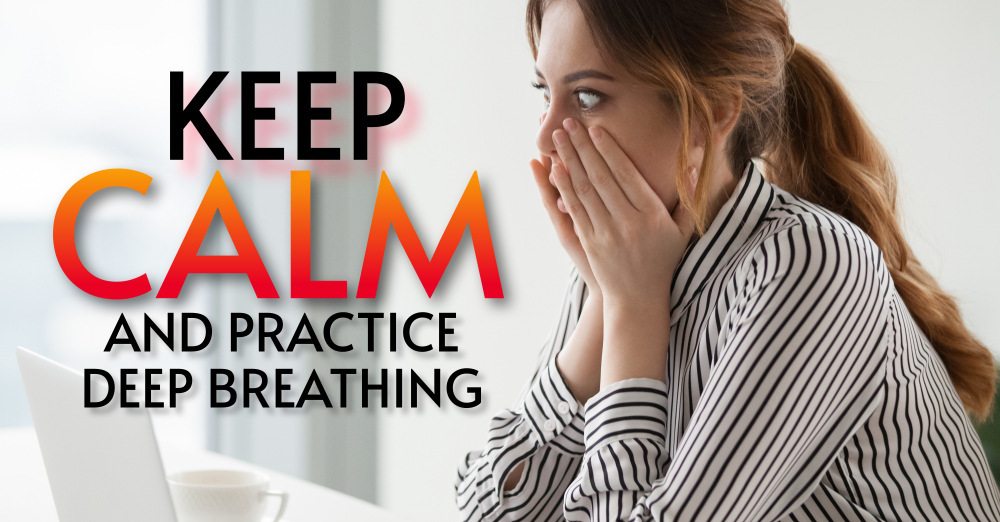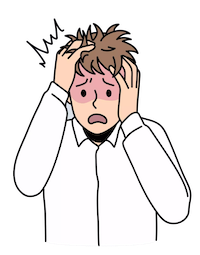
I have a friend who suffers from panic attacks. His name is Carlos, and he is very friendly and funny. However, when he has a panic attack, he becomes someone entirely different.
I was petrified the first time I witnessed a panic attack from Carlos. I didn’t know what was happening and worried something terrible might happen to him. He started shaking, and his heart was beating fast. I tried to calm him down, but to no avail. Finally, after about five minutes, Carlos could breathe more calmly. From that day on, I learned that the triggers for a panic attack vary and for no apparent reason why they occur.

Also known as an “anxiety attack,” it is a sudden and intense episode of extreme fear or discomfort. At that moment, a person experiences overwhelming physical and emotional symptoms lasting for several minutes. Common physical symptoms of a panic attack include: Palpitations or rapid heartbeat. Difficulty breathing or a feeling of suffocation. Chills and excessive sweating. Tremors or shaking. A feeling of tightness or pain in the chest. Dizziness or fainting. Nausea or upset stomach. And sensation or numbness in the extremities.
Furthermore, individuals may experience emotional and cognitive symptoms, including an overpowering dread of losing control or perishing, a feeling of disconnection or detachment from oneself, a fear of becoming mentally unstable, and an overwhelming desire to flee the circumstances.
Panic attacks can happen sporadically, triggered by various situations, including stress, previous traumatic experiences, disrupted sleep patterns, specific medications, or underlying health conditions. Panic attacks affect people of all ages, genders, and backgrounds.
However, some factors increase the likelihood of experiencing panic attacks, such as:
Family history. Evidence shows that a family history of anxiety disorders increases the risk of developing panic attacks. Life changes. Stressful events, such as divorce, unemployment, or significant life changes, increase vulnerability to panic attacks.
Personality. Specific personality characteristics, such as a tendency to be more anxious or to worry excessively, increase the risk of panic attacks. Substance abuse. Alcohol use or dependence on certain medications increases panic attacks.







